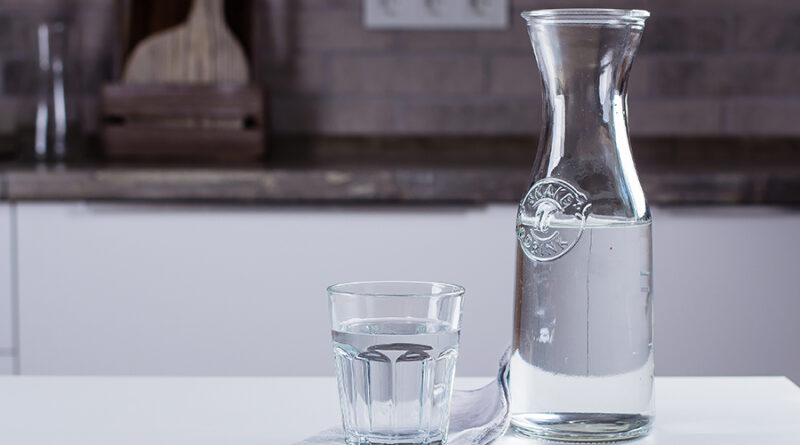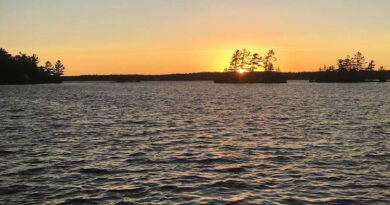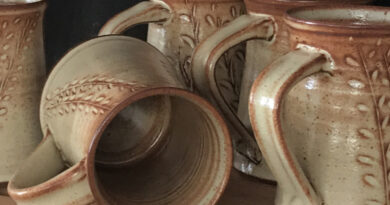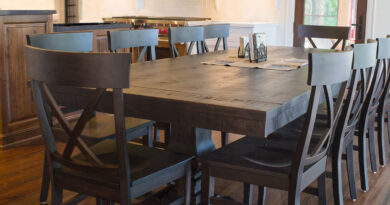Get to Know Your Water
“What’s in my water?” This is a question we at McLeod’s get a lot. In the Kawarthas and surrounding areas, the main issues are hard water, iron and sulphur (rotten egg smell). Iron and Sulphur are fairly easy to treat with either an air injection system, or by using a stronger oxidant like ozone, chlorine or peroxide.
Hard water contains dissolved calcium and magnesium, which deposits onto fixtures and appliances as a white scale buildup. A water softener will greatly improve this, exchanging the calcium and magnesium for sodium in the resin bed. This resin bed is cleaned or regenerated by a brine solution.
Some people believe that water softeners put extra salt into your drinking water. While it is true that a marginal amount of sodium is added, it is not enough to be noticeable. For example if your water is 20 grains hard, there is no more salt added to your diet than you would consume in a slice of bread. If you are tasting salt in your water, it could mean that your water’s natural sodium levels are high.
A high efficiency water softener measures the amount of water used, and only regenerates as required. These units learn the history of your water usage, and anticipate future usage to determine when regeneration should occur. This not only saves on water and salt cost, but ensures a continuous supply of soft water.
Have your water tested by a water quality expert. Once you know what is in your water, they can help you get the right equipment, ensuring high quality, good tasting water.
Submitted by: Rowan Fleming – owner of McLeod’s EcoWater
1-855-625-3637 (855-MCLEODS)
info@mcleodsecowater.com
www.mcleodsecowater.com




